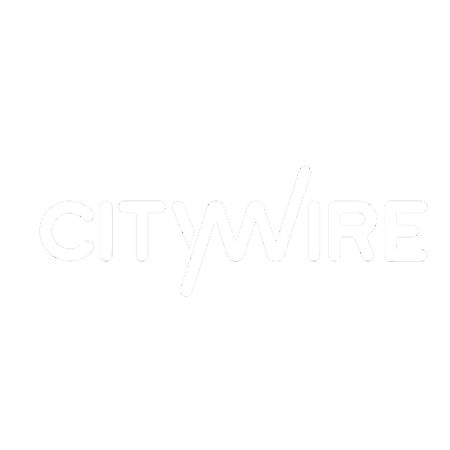Zoë Palmer
We first met Zoë, an environmental scientist and “people person”, at our Cape Town Fellowship in May 2018 and most recently we reconnected when she came as a co-host for our Kuching Fellowship!
Zoë feels at home interacting with others and believes in putting this social skill to work — as evidenced by her decision to join us at the Kuching Fellowship. We recently talked with Zoë to find out more about her new projects, how her first UnSchool experience helped her activate her changemaking abilities and what she sees as being important for activating change.
Introducing Alumni Zoe Palmer!
Can you give us an introduction to yourself and your work?
I’m originally from a small academic town in the Eastern Cape Province of South Africa called Makhanda (formally Grahamstown). I’ve been living in Cape Town for the last six years, after graduating from Rhodes University in 2013 where I studied environmental science and economics. As a young graduate, I was fortunate to find a job quickly at global engineering consulting and advisory firm, Aurecon, as an environmental scientist.
I spent the last five years there, working on environmental impact assessments and embedding change in the organisation through design thinking. In July 2019, a five year itch pushed me to resign and find something new to do. Just two months in, I’m still figuring what that means, but I guess the central theme is trying to leverage the opportunities I’m given through my social networks to challenge big lumpy systems by making my way in, and/or connect others to opportunities they might not have without a supportive network.
What motivates you to do the work that you do?
In South Africa, every day I wake up it feels like there is work to be done. The legacy of Apartheid still lingers 25 years on, sometimes from a social perspective (e.g. racism), sometimes from a spatial perspective (e.g. in Cape Town the most marginalised communities spend roughly 45% of their income on public transport that doesn’t function properly). Every global challenge we face as a country is underpinned by the triple threat – high levels of inequality, poverty, and unemployment.
As someone who has grown up with the privilege of feasibly earning in the top 2% of the country (±>$1200 per month) at the age of 28, it’s easy to get frustrated with the system and want to escape — it’s what so many people do.
However, there’s a strong pull for me to stay, which is increased every time I hear a creative new way that people are responding to their own challenges.
How did you find out about the UnSchool, and what motivated you to come?
I think it was 2016 when I first came across the UnSchool through the discovery (random Google search) of the illustrated Circular Systems Design handbook. At the time, I was just starting to learn about designing for innovation and was searching for more. The handbook resonated with me, so I quickly followed Leyla and The UnSchool on every platform and continued passively seeing what was happening on the other side of the world via my newsfeeds.
As soon as I saw the call for applications to attend the Cape Town Fellowship, I knew I had to be there. I couldn’t afford the fees myself, so I asked my company to pay for it — applying via cartoon. and I’m extremely happy that they agreed!
The Cape Town fellows and UnSchool Team
What was your experience at the UnSchool like?
It was quite unlike anything else I’ve ever been a part of. It was challenging, but encouraging, emotionally draining, but fun. It was inspiring and useful, especially in the role of a sparking some serious self-reflection.
Being a facilitator, I most admired the way in which the experience was designed to create a safe and open space to challenge very deep, messy social systems like gangsterism, societal divides etc. Despite long and tiring days, we were kept sustained with delicious food throughout the week – there’s an art behind managing people’s hunger and energy levels, and it was nailed.
I’m sure I could go into far more stories about my experience, but nothing would capture it as beautifully and concisely as the video that was created.
What was the main take away you had from coming to the UnSchool?
I learnt many things from the different individuals in the group, and about designing workshop experiences. I think the key thing I learnt from the information taught was the concept of designing to disrupt a system vs designing for innovation. I think designing for innovation can be a great thing if you’re coming up with human-centric solutions to problems that affect the lives of many (especially those less fortunate than you), but often the process is heavily weighted on its role for making a company more money.
I also always felt like sustainability was an added element to it – like a side optional feature; the Disruptive Design Method, however, embeds this in its core. I also really appreciate the level of responsibility introduced through learning more about unintended consequences and cognitive biases, etc.
Tell us more about your initiative(s), and how is it all going?
I’m working part time for the University of Cape Town (UCT) under the Vice Chancellor’s Futures Think Tank. Tertiary institutions are under pressure globally to change, and this is amplified in South Africa by student protests regarding fees and access from the last few years. UCT started questioning how they could better respond to change, and quickly learnt that they needed to take a leading role in changing the system, not just responding.
My colleague, Abbas Jamie, and I were appointed in July 2019 to help the Futures Think Tank gain some traction and turn the thinking into action. We’re doing some agitating ground work this year, with the hope of creating something, like a multidisciplinary network of change agents across the university, that we can train up and use to catalyze change within the existing system. We recognize that it’s not an easy task, but we’re currently testing the waters and there’s some widespread support.
Zoe and her colleague Abbas Jamie
One of the projects that creates a neat centrepiece between my old job and my work with UCT is a design process that we rolled out with the Higher Education Facilities Manager Association (HEFMA). HEFMA is a network that connects 28 universities across Southern Africa via the facilities managers, i.e. the people who shape and manage the infrastructure on the campuses. At the HEFMA conference last year, a question was posed to the audience asking how they could ensure university campuses were more mindful of sustainability and the possible smart/tech solutions available to managing facilities. As a team from Aurecon, we designed four workshops over a year to carry this question and work towards a sustainability plan for each university. It was great to see how the process showed the importance of human-centric design in the layout of the precincts, along with the importance of sticking with a problem long enough to love it. We also challenged the notion of solving only a water, energy, or even waste problem, by demonstrating the business case for solving multiple problems with an integrated solution. I sound like a solid consultant here now, but I’m hopeful that it will lead to better designed campuses – and less waste!
The design community in Cape Town is bustling and very mixed. The city held the World Design Capital title in 2014, and has recently become part of the UNESCO Creative Cities Network. Finding my way in as an outsider has been really interesting, and I’ve really enjoyed the approach that Open Design Afrika is taking in terms of changing the narrative of design as an ecosystem of products and things and fame and exclusivity, and rather demonstrating how the principles can be applied to everyday life, and that wherever you come from you can use design to solve problems for your basic needs. I’m supporting ODA a bit in the run-up to the Festival happening in October 2019. I love the feature that they’ve held free entrance to the main events ensuring accessibility, and also the way they promote the importance of the makers community. This year they’re also introducing a new concept called the Wetopia Academy in Cape Town, which brings together a range of “city-making” stakeholders.
How did the UnSchool help you start/evolve it?
The UnSchool Fellowship was mostly a personal development process for me. It unearthed a way of thinking that I hadn’t found anywhere else, and the global connections made me feel less alone. The network introduced me to a whole world of cool new ideas, like the Disruption Innovation Festival and Ellen MacArthur Foundation, which inspired me to start looking for other opportunities in South Africa, and where they don’t exist, to create them.
How have you amplified this change you do in the world?
So far it still feels like I’m trying to work out what change I’m trying to make before trying to amplify it too widely, but I guess the easy reach is the mentoring I’ve been doing over the last four years. I feel that it’s all good and well for me to do something as an individual, and great if I can influence someone else to do the same. But what if I can spread it wider and teach what I’ve learnt too?
I volunteer for two mentorship groups, Great Girls and the Allan Gray Orbis Foundation, who both focus on youth groups. Great Girls focuses on high school girls (roughly aged 16-18) from two disadvantaged areas in Cape Town (Lavender Hill and Belhar) and teaches these groups the skills necessary to find meaningful employment after high school. We focus on female empowerment, getting into tertiary institutions, gaining skills for interviews etc, as well as skills that aren’t taught at schools in South Africa – introductions to basic budgeting, tax, and labour law. The Allan Gray Orbis Foundation has a bigger reach and focuses on developing high potential learners across the country to one day become entrepreneurs, hopefully contributing to job creation in the long term.
How can people engage with, support, or follow your work?
Directly is probably the easiest way. I’ve created a website at www.palmerish.com which has direct contact information and social media links. I’m hoping to share more stories on Medium in the near future about my projects
Any other thoughts you want to share?
Seeing as it was a one-off occasion, it didn’t really fit above as an initiative, so I might as well share it here… In May 2019 I was asked back to my high-school (that offers design as a high-school subject) to serve as their Designer in Residence. They wanted to know more about Disruptive Design! I knew then that it would be the perfect opportunity to team up with Tim Leeson, who was a fellow with me, and together we taught eight 45-minute lessons to students of varying ages. It was a fun and hopefully inspiring session where we introduced the basics of systems thinking and designing for change. I hope we managed to influence some of the younger learners to take design up as a subject! We started each session with this video, which although a bit dated now, captures an important message about realizing the role you can have in designing the future.
Zoe and fellow Nehaa at the end of the wonderful fellowship week in Kuching,
